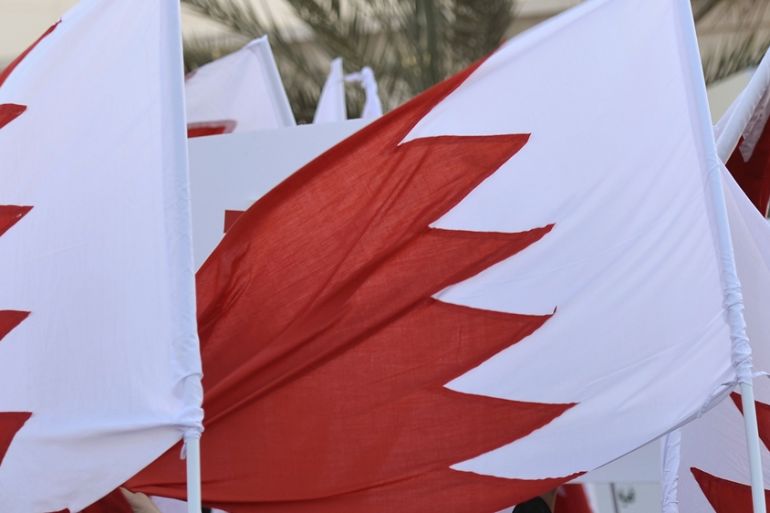Bahrain executes 2 in ‘terror’ case despite rights groups’ pleas
Bahrain’s public prosecutor announces executions hours after UN envoy Agnes Callamard appealed to stop them.

Bahrain has executed two people convicted on terror charges, the public prosecutor has said, despite international appeals for clemency amid concerns the pair did not receive a fair trial and were coerced into making confessions through torture.
Attorney General Ahmed al-Hammadi said in a statement on Saturday that the men, who were not identified, were involved in “terrorist” operations that killed a security officer, among other charges. They were put to death by firing squad.
Keep reading
list of 4 items‘Mama we’re dying’: Only able to hear her kids in Gaza in their final days
Europe pledges to boost aid to Sudan on unwelcome war anniversary
Birth, death, escape: Three women’s struggle through Sudan’s war
Rights groups identified the pair as Ali al-Arab, 25, and Ahmad al-Malali, 24.
The two men, who were arrested separately in February 2017, were convicted in January 2018 in a mass trial involving some 60 people. Both were allegedly subjected to torture, as well as prevented from attending their trial and sentenced to death in absentia.
The executions came hours after Agnes Callamard, the United Nations special rapporteur on extrajudicial killings, appealed to Bahrain’s government to stop the executions of al-Arab and al-Malali.
“The authorities in Bahrain must immediately halt any plans to execute these men, annul the death sentences against them and ensure they are retried in accordance with international law and standards,” Callamard said in a statement on Friday.
“Capital punishment may only be carried out for the most serious crimes and after a legal process which has included all possible safeguards aimed at ensuring a fair trial.”
Rights groups had also called for the halting of the executions.
“If the Bahraini authorities go through with these executions it would be an utterly shameful show of contempt for human rights,” Lynn Maalouf, Amnesty International’s Middle East research director, said on Friday.
“[The death penalty’s] use is appalling in all circumstances, but it is all the more shocking when it is imposed after an unfair trial in which the defendants were tortured to ‘confess’.”
Third man executed
Speaking to Al Jazeera shortly before the executions, Bahraini human-rights activist Maryam Alkhawaja said she did not believe it was a coincidence that the decision to execute the men came as the United States reinstated a long-dormant policy allowing the federal government’s use of capital punishment.
“Gulf States always feel they need a green light to commit the violence they commit. If the US is going to start federal executions again, the Bahrain government feels it has the green light to do the same.”
A third man, convicted for killing an imam last year, was also executed, according to the public prosecutor’s statement.
Bahrain was the only Gulf state to witness street protests during the Arab Spring in 2011, when crowds gathered to demand a democratically elected government, the end of sectarian rule and a redistribution of wealth and power.
The monarchy requested military assistance from neighbouring allies Saudi Arabia and the United Arab Emirates to assist its security forces, who together violently crushed the protest camp built at the capital Manama’s Pearl Roundabout.
At least 35 people were killed and many of those arrested were tortured during detention, human rights groups claim.
The uprising continued into 2012, with tens of thousands attending weekly rallies, but continued police crackdowns killed dozens more civilians and led to the arrest of thousands.